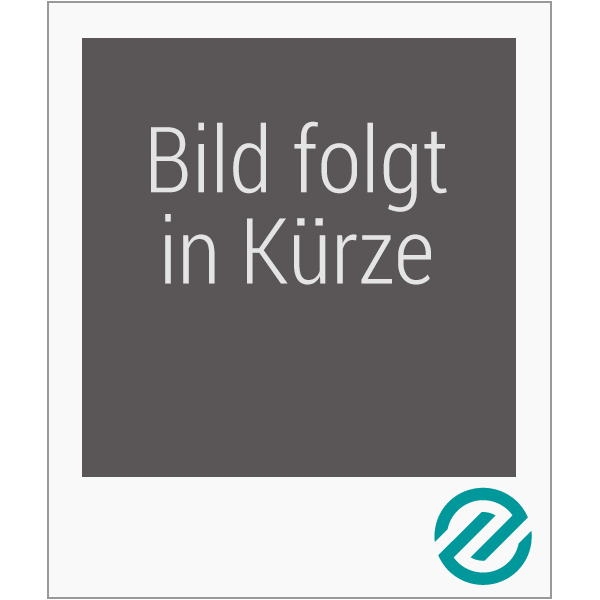The European expansion around the globe, which began in the sixteenth century, carried with it new conceptions of knowledge itself. Francis Bacon famously asserted that 'knowledge is power'; this book attempts to go beneath the oft-quoted slogan to see the various ways in which this conviction played itself out in shaping new perceptions of what natural knowledge was, and what it was good for, in this crucial period. Dear covers the key figures of the period, including Galileo, Copernicus, Kepler and Newton and the important schools of thought to create a fascinating picture of the development of scientific thought in early modern Europe. The book is accessible to an undergraduate and lay readership, while drawing on recent scholarship to provide an up-to-date understanding of the cultural foundations of the modern scientific project.
Table of contents:
Introduction: Philosophy and Operationalism
What Was Worth Knowing in 1500
Humanism and Ancient Wisdom: How to Learn Things in the Sixteenth Century
The Scholar and the Craftsman: Paracelsus, Gilbert, Bacon
Mathematics Challenges Philosophy: Galileo Versus the Schoolmen
Mechanism: Descartes Builds a Universe
Courting Philosophy: New Homes for Natural Knowledge
Experiment: How to Learn Things in the Seventeenth Century
Cartesians and Newtonians
Conclusion: What Was Worth Knowing in 1727
Bibliography
Index
Table of contents:
Introduction: Philosophy and Operationalism
What Was Worth Knowing in 1500
Humanism and Ancient Wisdom: How to Learn Things in the Sixteenth Century
The Scholar and the Craftsman: Paracelsus, Gilbert, Bacon
Mathematics Challenges Philosophy: Galileo Versus the Schoolmen
Mechanism: Descartes Builds a Universe
Courting Philosophy: New Homes for Natural Knowledge
Experiment: How to Learn Things in the Seventeenth Century
Cartesians and Newtonians
Conclusion: What Was Worth Knowing in 1727
Bibliography
Index
